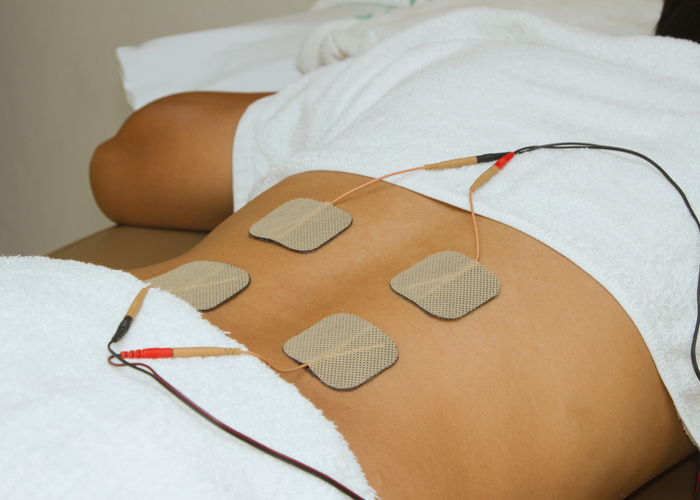Transcutaneous Electrical Nerve Stimulation (TENS)
“Managing pain, restoring comfort – one step at a time.”

Transcutaneous Electrical Nerve Stimulation (TENS) is a type of therapy that uses electrical stimulation to alleviate pain. The therapy involves placing electrodes on the skin near the area where the pain is felt, and these electrodes deliver a small electrical current that stimulates the nerves and provides pain relief.
TENS therapy is believed to work by stimulating the body’s natural painkillers, such as endorphins, and by blocking pain signals from reaching the brain. It can be used to treat a variety of conditions that cause pain, including arthritis, back pain, and headaches.
TENS therapy is often used to treat chronic pain conditions, such as back pain, neck pain, and arthritis.
